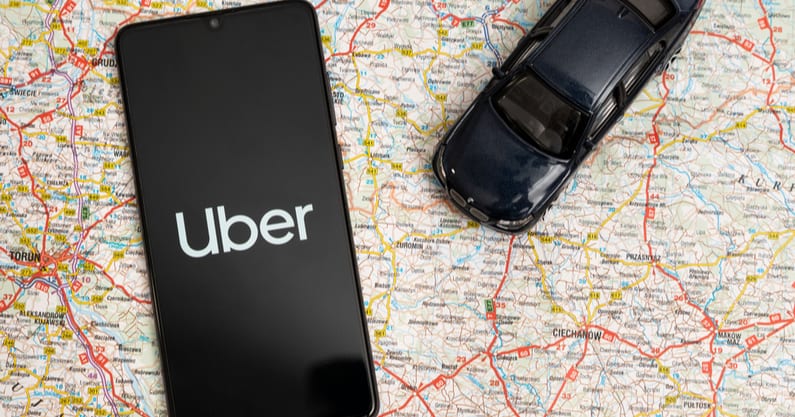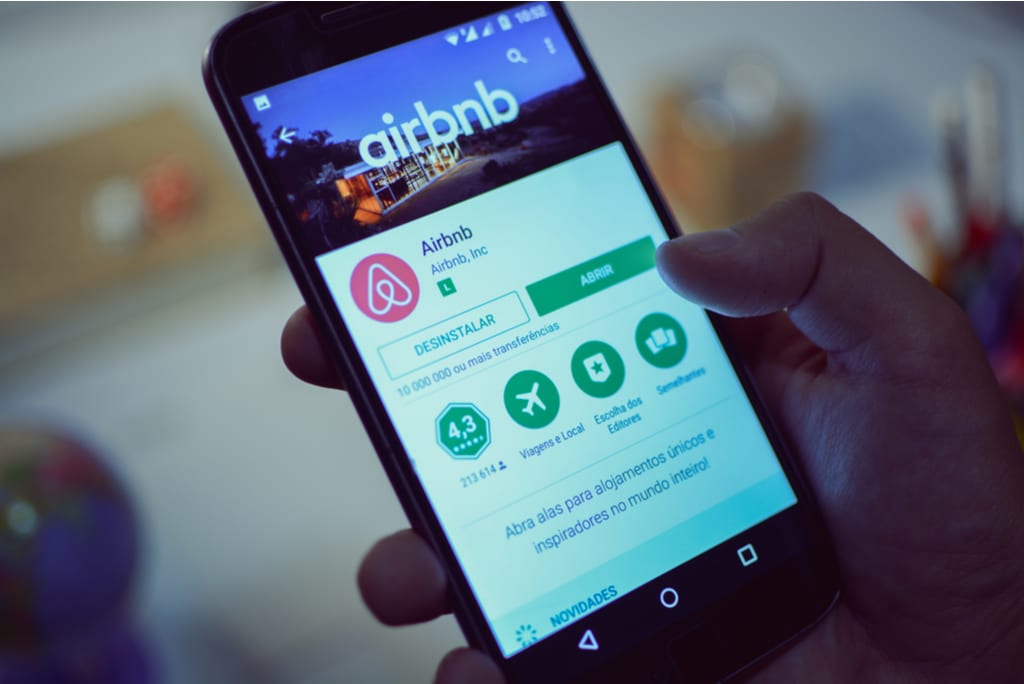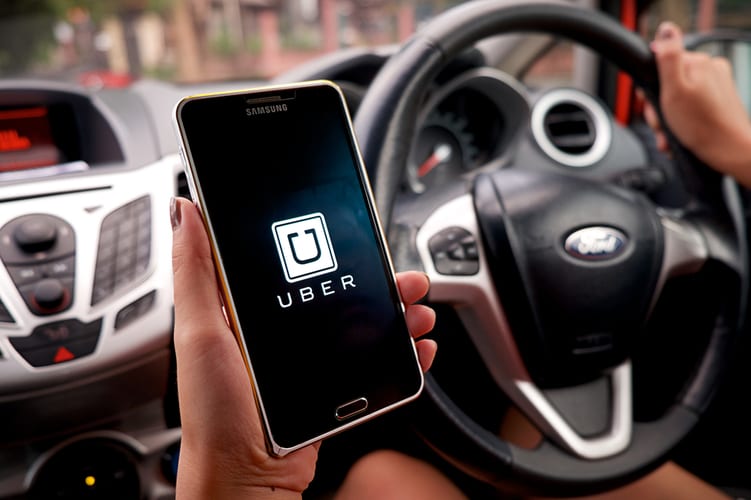Junaid Raza Syed (Senior Editor/Department Manager FS)
One of the evolutionary products of technology is the act of rendering services via the internet, a type of business that is new to some countries. However, the service providers may find it difficult to supervise the smooth running of these trade and guide against any abnormality that may occur. The effect of this is a free space which will be provided for internet money fraudsters to develop their acts and reap hard earned money from innocent customers. This is also popularly called trade laundering.

In 2017 ending, there was a publication by a popular news vendor, slamming Airbnb for being vulnerable to the cybercrime going on the internet, involving financial fraud. Here is how it works. Scammers would steal numerous credit cards, then use them to clean up dirty cash through attendants at Airbnb who would connive with them by entering secret agreement together and dealing underground.
As soon as the normal booking at Airbnb has been cleared, none of them would use the luxurious lodging that has been advertised. What they do instead is to share the money that was already paid between themselves and generate counterfeit checkout feedbacks to close possible loose ends just to cover their tracks.

The wider the reach, the better for scam
Airbnb is a vast company that spreads across countless zones and many governing territories. This has made money launderers to find it easy to carry out their plans since they can stealthily mingle with real clients without being discovered because of huge tentacles of Airbnb. Worst still, the available equipment and technicalities meant to investigate unlawful transactions are too small to handle every single criminal transaction going on under their nose.
Now the menace has also extended to Uber which is likewise going through the same scam like that of Airbnb. However, the procedures being undertaken in trade laundering is very complex than we think. This is because clients who get entangled in laundering rides send money for taxis they won’t even ride in, otherwise known as “ghost rides”.
For Uber money laundering, a laundering user will recruit laundering rides in order to fetch and employ a conniving driver of Uber who is also desperate to earn more cool cash. The driver will grant requests on rides from cash laundering users at pre-determined charges.
The process of laundering huge volumes of cash is very easy because a lot of drivers engage in the scam and the population is on the rise.
Afterward, the ghost rides’ profits will be shared among every party involved. Uber will be the first to remove its normal rates, then accomplices who were drivers will disperse the rest to the laundering agent. After the agent removes his share, he will send the rest as pure money to the user.
Naturally, trade laundering under Uber name would not be successful if the drivers refuse to cooperate, but everyone has an insatiable thirst to make money.

Online is a safe place for laundering
There seems to be no shame at all in “ghost ride” because it’s seen as a credible venture and the ‘how it works’ guide is being shared on several social networks.
Scammers use Uber, Airbnb and other internet channels for laundering because it involves low risks and simple tactics. You don’t have to produce a fake identity or come in close contact with authentic or counterfeit items. Moreso, these online companies are internationally recognized, running their businesses in many countries, so fraudsters can easily move their skills beyond domestic front up to the diaspora without being bothered by any law-enforcement agency.
Industry operators who close deals worth millions per day are more vulnerable to this scam because they are oblivious to the corruption going on under their trademarks. It’s more disturbing because the procedures that each day’s transactions go through is complex, passing different routes like credit card issuers, banks, markets and other agents who are directly and indirectly culpable of crime if anything goes wrong along the way.
That is not the worst part, the most disheartening aspect is that, only in the US, the evaluated revenue trade laundering generates by products and services is over $201 billion per year. There is a possibility of more money coming from trade laundering, because of the gigantic levels of transactions going through online sales points. The additions of the internet service points such as Airbnb and Uber will also be a leverage.
